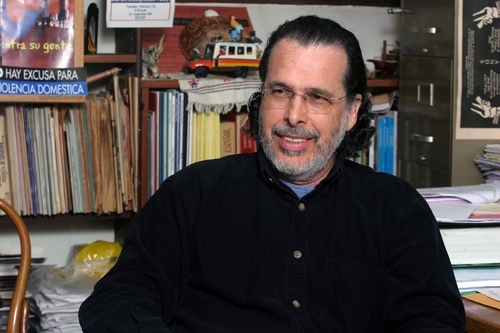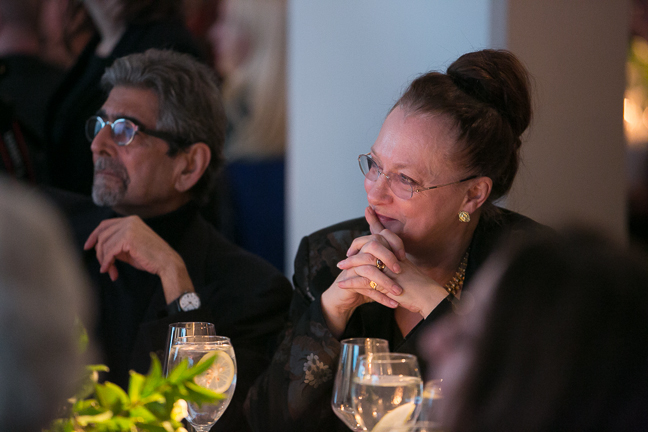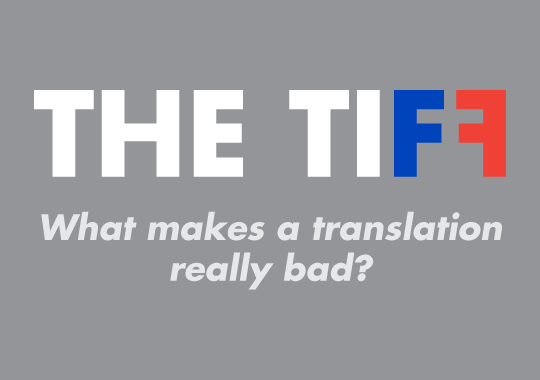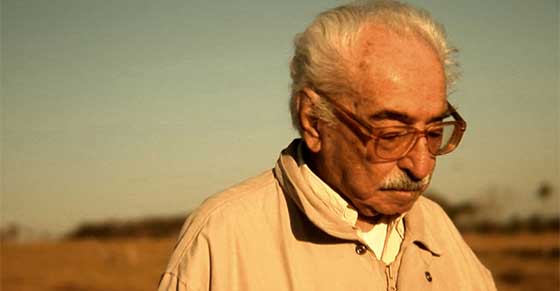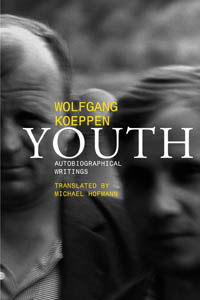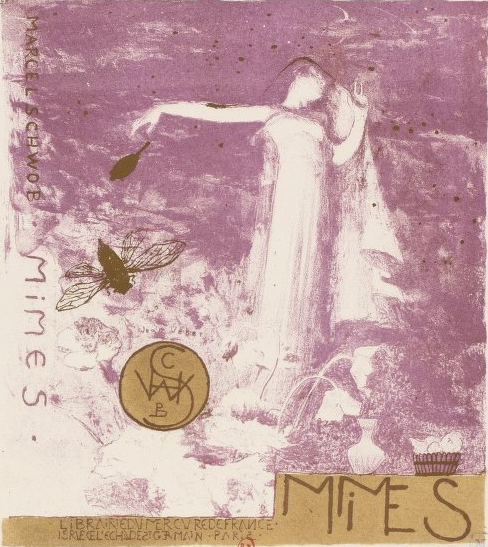Happy (belated) Thanksgiving to our American readers—and to all non-Americans, happy Friday! Anglophones certainly have something to be thankful for: one of William Shakespeare’s treasured First Folios has been uncovered, practically untouched, in a small chapel in France, where it is reported to have lain for over two hundred years. And any literature lover or archivist from the University of Texas might be feeling extra-thankful this week, as the complete archive of Colombian novelist Gabriel García Márquez has been donated to the Harry Ransom Center in Austin. And at the Wall Street Journal, Jennifer Maloney opines that the proliferation of paperback books helped win World War II for the Americans.
This week in book buzz: British/Indian author Arundhati Roy is following up her 1997-Booker Prizewinning God of Small Things, at long last, after a period dedicated to political activism. Here’s a profile. You can look forward to more than that, what with an upcoming translation of German counterculture icon Jörg Fauser’s novel, Raw Material. Irish phenomenon and inspiration to all pining novelists Eimear McBride has snagged another award for A Girl is a Half-Formed Thing, which has already won the Goldsmiths and the Bailey’s Prizes, among others. The biggest international book prize, the IMPAC Dublin award, has announced its glorious longlist, and you might recognize a few titles (the list includes a title translated by Alex Zucker, blog contributor!). If you’re a skeptic to the prospect of awards in general, you might enjoy this look back at the National Book Awards, proving that even the most venerated intellectual institutions are subject to whim and fashion.
French existentialists, philosophers, and novelists Albert Camus and Jean-Paul Sartre didn’t end on the best of terms, but a forgotten letter from better times has reemerged. Same goes for American beats Jack Kerouac and Neal Cassady: a letter from Cassady to Kerouac inspiring Jack’s iconic On the Road is set to be auctioned off.
Every get a 2-AM book craving? (We know you do). In Taiwan, the 24-hour bookstore is a welcome respite for weary clubbers and bookworms alike.



